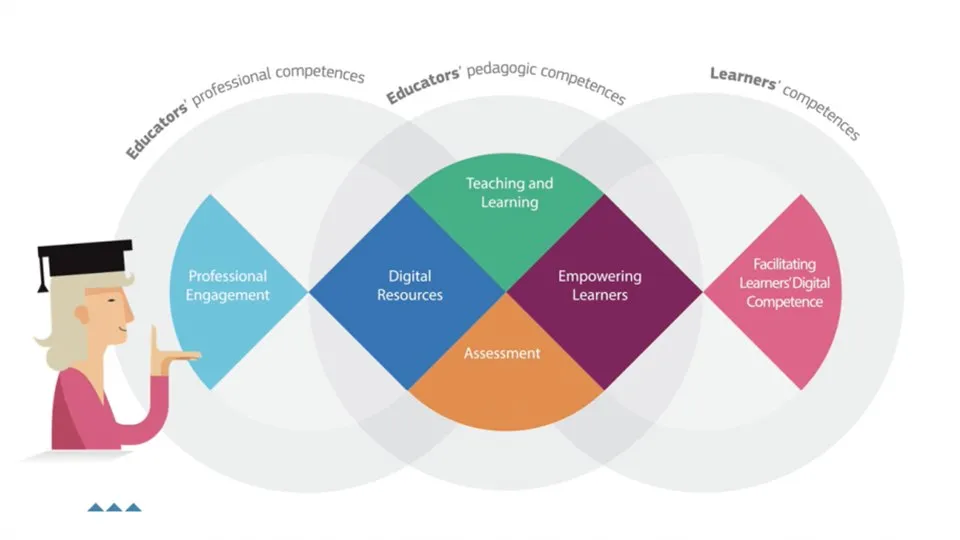Identifying ideas for development work
To participate in the HEaD project, you need to have an idea for your development work. For the majority of advertised projects, a "bottom-up" approach is applied, meaning that the areas, opportunities and challenges addressed are defined by individual teachers, teaching teams, subjects, etc.
Although there are probably many ideas about opportunities and challenges among teachers in the organisation, there may be a need to discuss and inventory these ideas in a systematic way. The HEaD project has the ambition to support teachers and teacher groups already in this phase. In the simplest case, this support can provide the opportunity to bounce an existing idea.
Here it is possible to book short meetings about the HEaD project.
You can also contact Niklas Brinkfeldt, who is the project manager, via e-mail.
To identify new ideas, we recommend, and support collegial, discussions. A possible starting point for this is DigCompEdu, which is a framework on pedagogical digital competence (PDK) that was developed on behalf of the European Commission. The framework divides pedagogical digital competence into 6 different areas and a total of 22 core competences. Reflecting on one's level of competence linked to these areas (as an individual or group) can open up for further development. For example, it can be about identifying good examples that you want to apply in several areas; to discover areas that are very little worked on today; or identify where there is a large spread in the level of competence within the teacher group, which enables a spread of competence. More information about DigCompEdu, as well as its areas and competencies can be found here! (In Swedish.) There is also a self-assessment tool that can be a systematic support to assess one's level of competence.
You also have the opportunity to receive support in the idea inventory phase in the form of a workshop with staff from Educational Development at the Division of Research and Educational Support (FUS). The workshop is based on DigCompEdu, but can be adapted as needed. If interested, contact the group for educational development.
